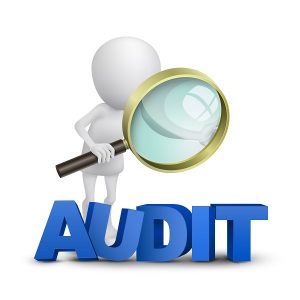Search
What Causes an IRS Tax Audit?
The IRS has several methods of selecting returns for a tax audit. First, returns are identified that may possibly contain incorrect amounts, causing a review of the return by an auditor. If everything on your return checks out, the auditor can accept your return as submitted. If the auditor suspects that something is amiss, your return can be selected for an examination.
How Returns Are Selected for Audit
The IRS can select your return for an audit if any of the following happens:
- Your return is selected for screening by a computer program
- Amounts on your return do not match with amount on other information returns submitted to the IRS, such as W-2 forms or 1099 forms
- A related party is being examined, such as your business partners or investors
- Someone submits an Information Referral to the IRS which names you as someone who is possibly committing tax fraud
In many of these cases, you return will receive a closer look from an auditor.
When selecting returns using random screening, the IRS uses a computer program to assign returns a Discriminatory Inventory Function System (DIF) score. A high DIF score means that an examination of your return is more likely to result in an adjustment to your income tax liability.
The IRS may also select you for an audit in order to learn more about how taxpayers are treating certain items on their return. Because the IRS only has the resources to audit a small number of taxpayers, information gained in the examination process is valuable for identifying key tax compliance issues that affect a large number of taxpayers.
What to Do If You Are Selected For an Audit
If you may have any questionable items on your tax return, contact a tax attorney before you say anything to the IRS examiner. Taxpayers who lie to the IRS in order to cover up understatements of income or improper deductions can end up turning a minor violation into a criminal tax offense.
If you are selected for an in-person audit, your tax attorney can accompany or act in your place during the audit. You can also use a CPA or enrolled agent as a representative, but be aware that attorney-client privilege only applies to attorneys, which means statements made to your accountant can be discoverable in court.
 Tax Problem Attorney Blog
Tax Problem Attorney Blog


